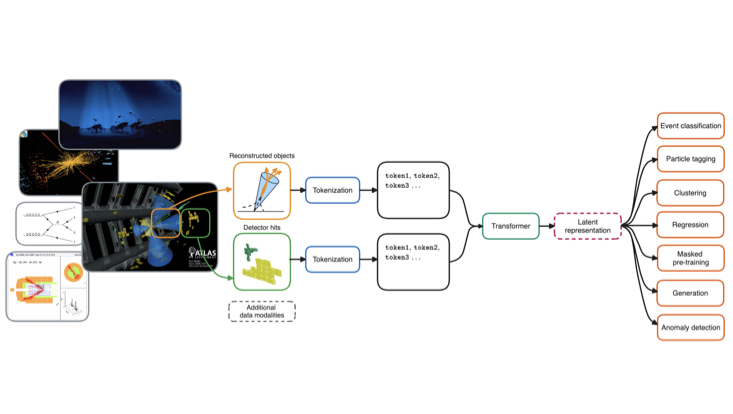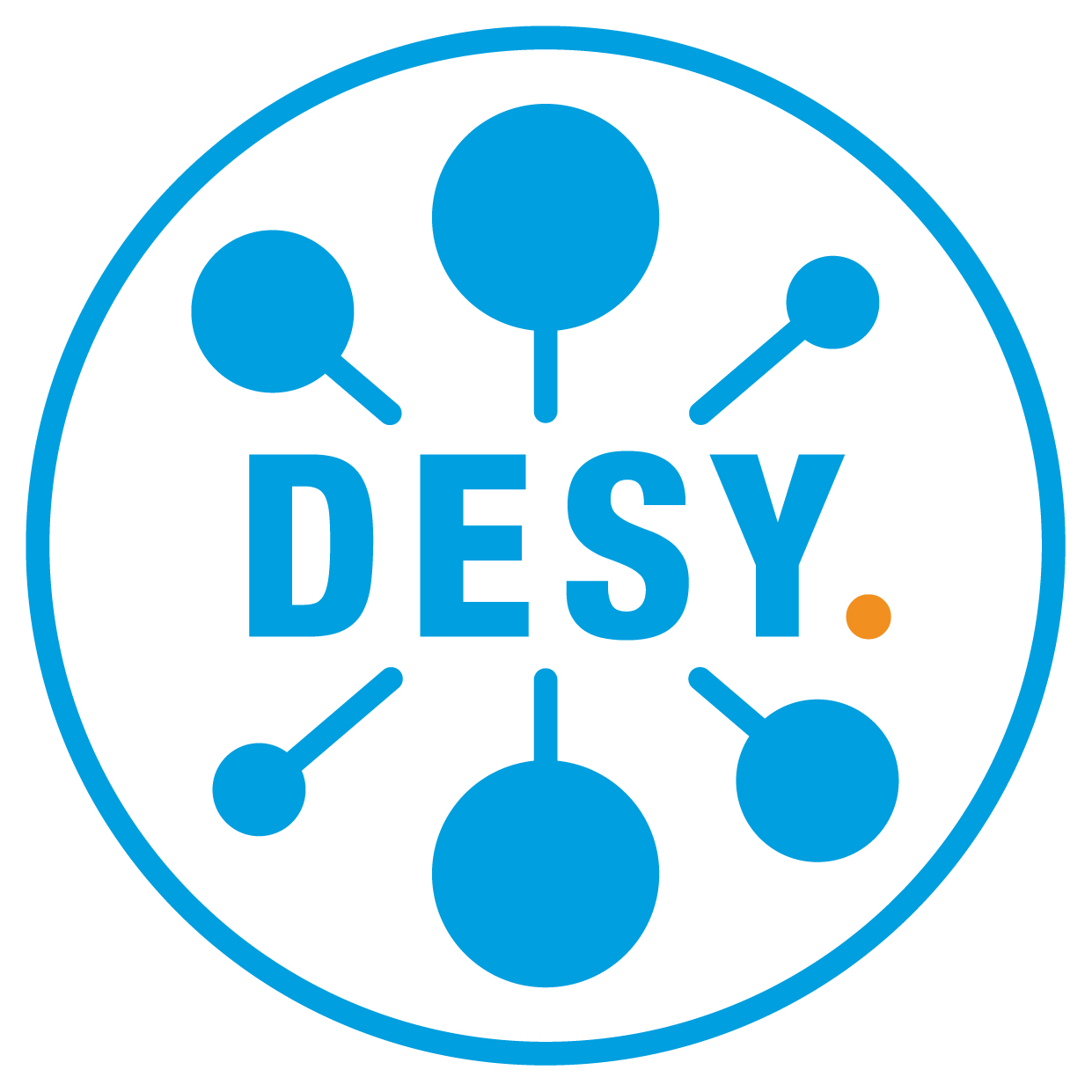Cross-Disciplinary Platforms
State-of-the-art research needs state-of the-art research infrastructures and methodological know-how. Frequently, both elements serve more than one research goal and therefore - especially today - have to be developed from a broad, possibly common perspective. Recognizing its growing importance, the cluster therefore emphasized and implemented from the very beginning four cross-disciplinary platforms. They serve the entire cluster, link the research areas and promote interdisciplinary research and development.
Concretely the four platforms are:
Challenges in Data Science
Most research topics of the cluster are driven by experimental and observational data which grew even more important during the last decades with increasingly larger instruments and facilities. Today, processing, analyzing and curating research data is impossible without sophisticated computer driven methods such as machine learning and artificial intelligence. Almost all varieties of artificial intelligence are in one way or the other implemented in today’s research processes. The cluster particularly focuses on two key objectives: Developing new applications of data science techniques and providing support and education for the widespread use of these methods throughout the cluster. This effort is orchestrated together with local as well as national and international activities in linking advanced data science and physics research.
Theoretical and Mathematical Physics
The development of new, innovative mathematical techniques is of similar importance for all areas of the cluster. This ranges from state-of-the-art research in pure mathematics via technical improvements in the computation of Feynman diagrams to numerical and analytic developments in classical relativity and gravitational wave applications. The platform tightly links these endeavors and establishes the connection to the two research infrastructure, the Wolfgang Pauli Centre and the Center for Mathematical Physics.
Innovation in Detector Science
The second quantum revolution arrived in the development of new detection devices in almost all fields of fundamental research. Concretely the cluster fosters communication across the detector community emphasizing both, the need for the most efficient use of existing infrastructure and the need to invent smart future devices. In addition, two experimental labs were constructed and are running: the Cryogenic Detector Laboratory where large-scale experiments with needs for cryogenics (ALPS II, MADMAX, GW experiments) are or will be hosted, and the Shielded Experimental Hall with low seismic and electromagnetic noise used for the installation for the prototypes of the Dark Matter experiments MADMAX and BRASS.
Future Facilities
Future large scale facilities are planned around the world ranging from new particle accelerators via space- and earth-based gravitational wave observatories to new electromagnetic telescopes. Researchers of the cluster are deeply involved in the international preparation and discussions for their concrete designs and concrete research goals. The platform fosters the local discussion across the various international projects with a particular attention to possible synergies.
People Involved
Area Coordinator: Gregor Kasieczka
Principal Investigators: Ties Behnke, Katharina Behr, Freya Blekman, Elisabetta Gallo, Erika Garutti, Christophe Grojean, Caren Hagner, Johannes Haller, Sarah Heim, Jan Louis, Luisa Lucie-Smith, Gudrid Moortgat-Pick, Andreas Ringwald, Peter Schleper, Kai Schmidt-Hoberg, Christian Schwanenberger, Géraldine Servant, Kerstin Tackmann, Georg Weiglein, Alexander Westphal
Key Researchers: Juliette Alimena, Lydia Beresford, Johannes Braathen, Alexander Grohsjean, Andreas Hinzmann, Sven-Olaf Moch, Klaus Mönig, Krisztian Peters, Jürgen Reuter, Felix Sefkow, Georg Steinbrück, Frank Tackmann


